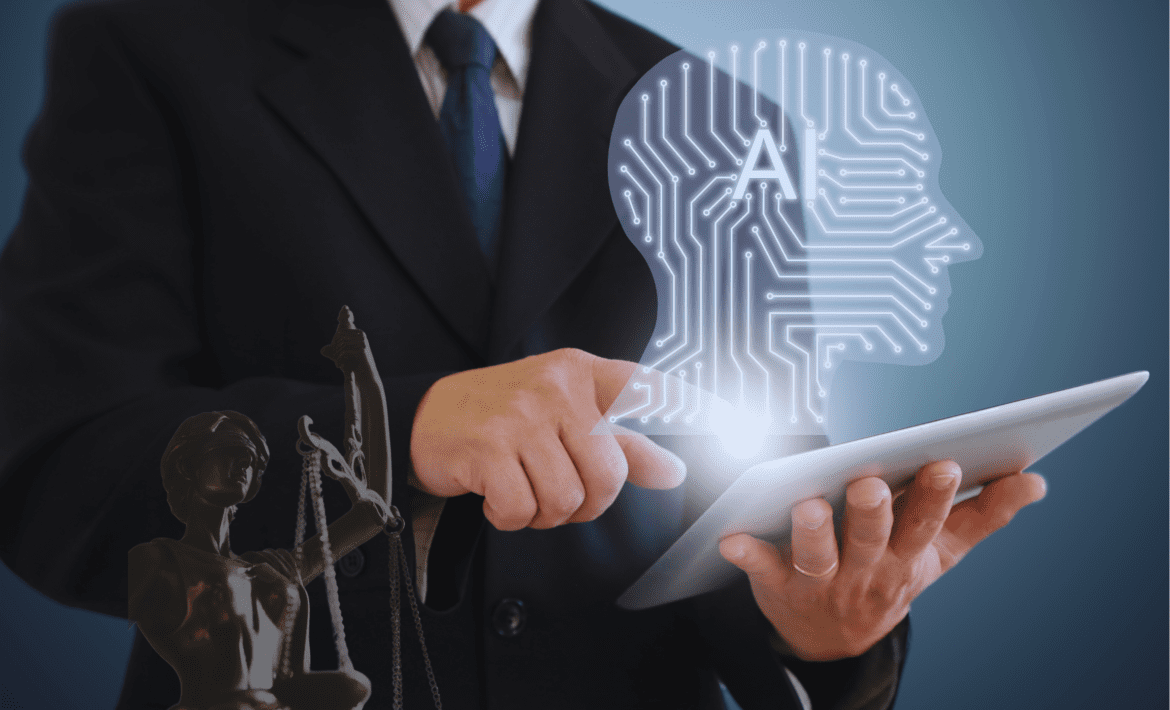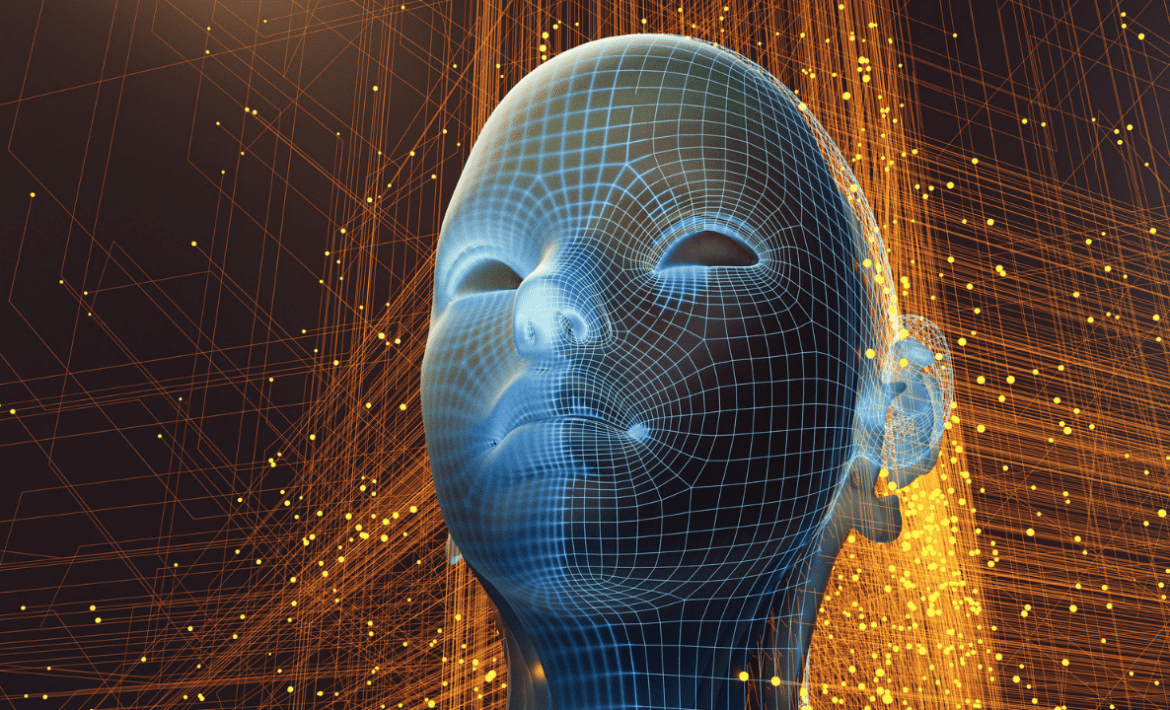Biometric identification and the EU AI Act
How does the EU AI Act address biometric identification, and how do its provisions compare to those of the GDPR regarding biometric data? Biometric identification encompasses a variety of methods for verifying an individual’s identity. It can be utilized for various purposes, such as user authentication (e.g., unlocking smartphones) or verification at border crossings










